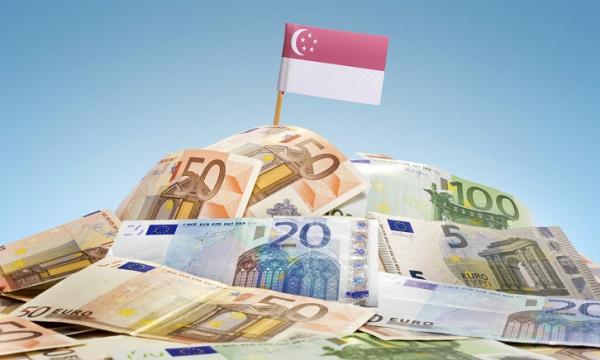Should S’pore alter its economy model or continue to maintain its influence on the whole nation?
I refer to the article “The future of small economies in a changed world” (Straits Times, Sep 26).
It states that “A key question is the extent to which the Singapore model, optimised for one model of globalisation, can continue to perform.
In my opinion, a key driver of the Singapore model’s economic success has been it’s very liberal open foreign labour and immigration policies.
As to “Indeed, there has been much commentary about the emerging external challenges facing Singapore, from the growing potential for protectionism to changes in the security environment in Asia.
Is the strong performance of small economies over the past few decades simply due to the specific environment enjoyed over this period?” – arguably, Singapore’s economic success may have been due in no small part to its “specific environment” – a dominant one-party rule which enabled it to have a unique model whereby, from a cashflow perspective – the Government may not have been spending a single cent (for a very long time) on CPF (its the people’s own contributions), HDB (making profits by charging land at market rates) and healthcare (total annual Medisave contributions plus the annual interest on total Medisave accounts’ balances may exceed total annual government spending on healthcare and withdrawals for medical expenses and insurance premiums).
With regard to “But the key issue that has not been able to be fully tested is the extent to which the Singapore economic model is optimised for a particular model of globalisation. Can this model continue to perform in a changed environment with greater frictions around international engagement?” – Singapore is already under increasing pressure internationally and domestically for its poor human rights’ record, 151st Press Freedom ranking, etc.
In respect of “Of course, small economies like Singapore have long thought about developing resilience to shocks – building fiscal reserves, for example, to allow them to respond to economic shocks. But in the current context, small economies should also be investing in building resilience to regime change in the international environment” – not only are we not becoming more democratic, but becoming increasingly elitist with rising inequality, and also continue to pursue the relentless raising of the prices of public goods and services – accumulating the almost yearly large fiscal surpluses and the reserves, with relatively (compared to other countries) minuscule spending on welfare, pensions, etc.
What are your thoughts on the above and whether Singapore’s unique economic and social model can continue to thrive, for ordinary Singaporeans and from the perspective of ordinary Singaporeans?
Leong Sze Hian
